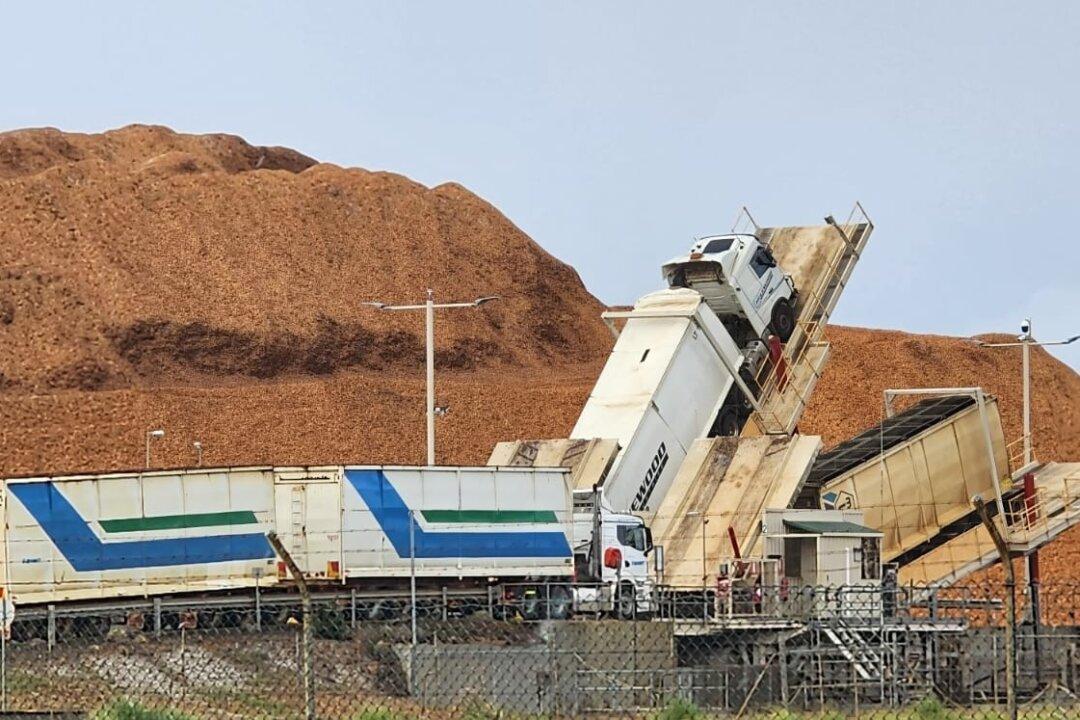The Western Australia (WA) Labor government will end commercial logging in native forests to protect two million hectares of native karri, jarrah, and wandoo tree life.
To keep sawmill businesses and townships afloat, the government will also plunge $350 million into softwood pine plantations and $80 million into restructuring payments and grants for existing workers.





